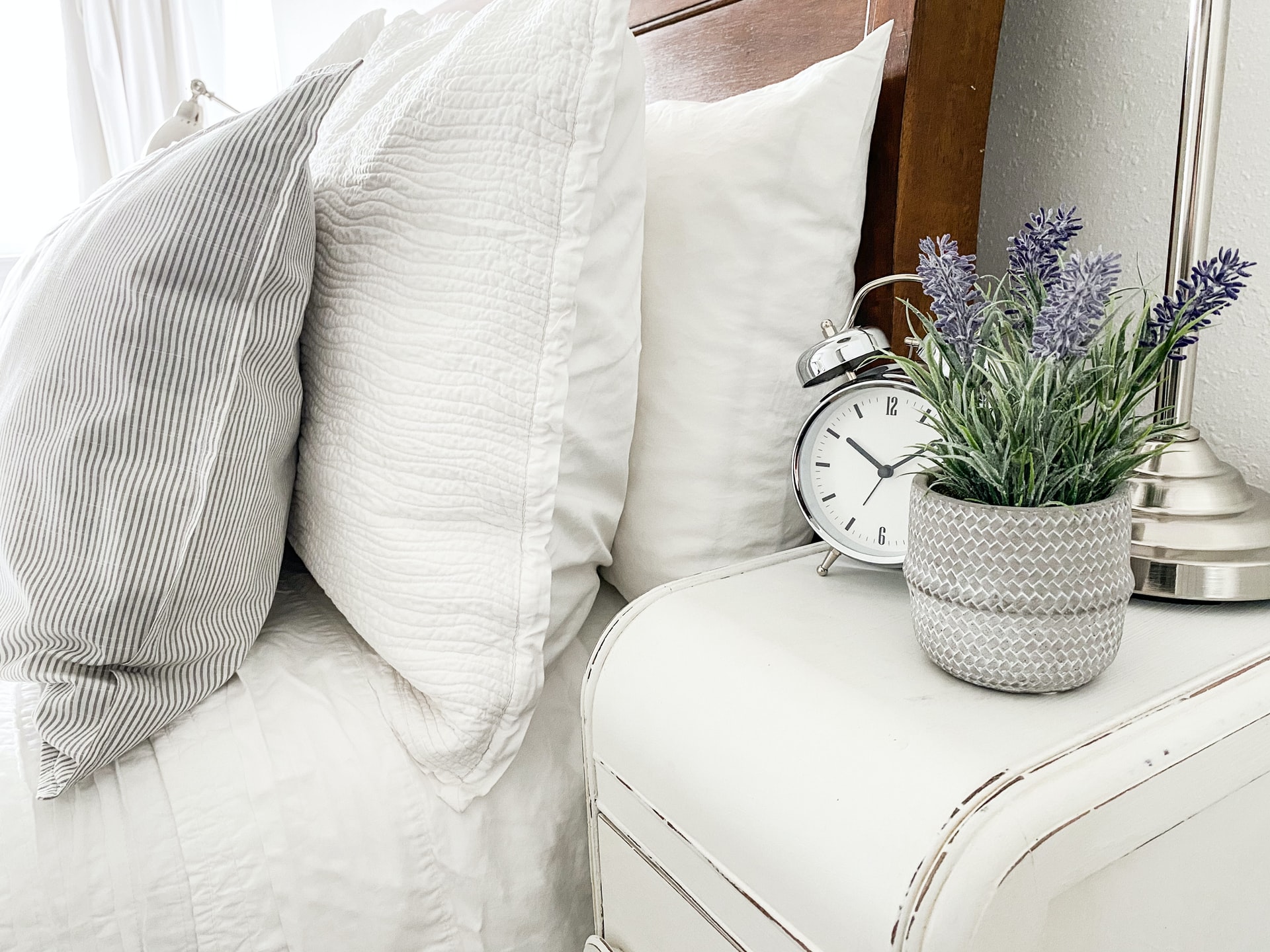To feel your best, you should seek to re-commit to good sleep practices.
The most crucial way to improving your sleep is to prioritize it. Frequently, rest is put on the back burner because of other obligations.
However, you must get quality sleep. Poor sleep habits can lead to poor concentration, problems communicating with co-workers, or irritability.
Here are six tips for establishing a healthy sleep schedule.
Make your wake and sleep times consistent
The best sleep is achieved when consistent bedtime and wake-up times are established and enforced. A key to this is keeping your times consistent, even on weekends. Consistent wake times help strengthen your circadian alignment.
When you sleep in or go to bed later on weekends, it will result in the feeling of “jet lag” on Mondays, which can then extend to Wednesdays. The pattern then repeats.
Teach yourself to relax
You can practice relaxation exercises, meditation practices, or yoga in the evening to prepare you for sleep.
Give yourself 30 to 60 minutes before your bedtime to participate in a quiet activity. It is difficult for the body to adjust from going full speed to sleep and still expect a good night’s sleep.
Dim the lights
Dimming the lights before you head to bed helps the body produce melatonin, a natural hormone the body produces that plays a crucial role in healthy sleep. According to experts, avoid blue light, including light from tablets, computer monitors, gaming systems, and smartphones, for four hours before bedtime.
Watching television before bed is acceptable, but only in moderation. Set a period of time to avoid binge-watching behavior that could disrupt your sleep schedule.
Set boundaries, and when your TV viewing time is finished, turn the television off, get up and move to the bed. It may seem harsh, but bedtime is not the time to start watching a movie.
Slowly adjust your bedtime
You may be concerned about getting to sleep early enough to adjust to a new wake time. To ensure you do, head to bed earlier. Try going to bed 20 to 30 minutes earlier. Do this for a few days and then adjust and head to bed earlier if needed. Adjust times in increments of 20-30 minutes.
You can slowly eliminate much of your anxiety over an earlier wake-up time by adjusting your sleep schedule. Adjust your times gradually, as it is challenging to shift sleep patterns abruptly.
Wind down slowly and purposefully
Set a bedtime alarm to help you prioritize sleep. The alarm should be set an hour before bed to help you remember it is time to start winding down.
You can put other things on the backburner, but sleep should be a top priority.
Next morning, let the sun shine in!
Bright light in the morning helps set the internal body clock for the day by shutting down the body’s melatonin production. Often, we can be awake, but our circadian clock isn’t working its best until we have bright light.
Of course, natural light is best. However, if natural light is not possible, indoor lighting can positively affect it.


